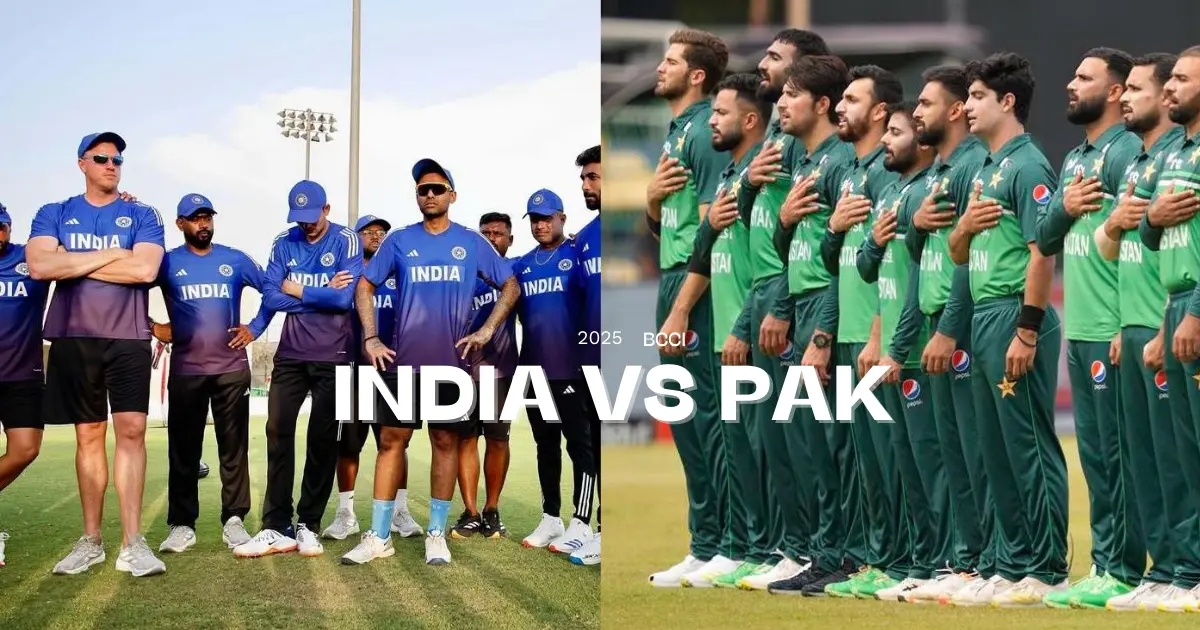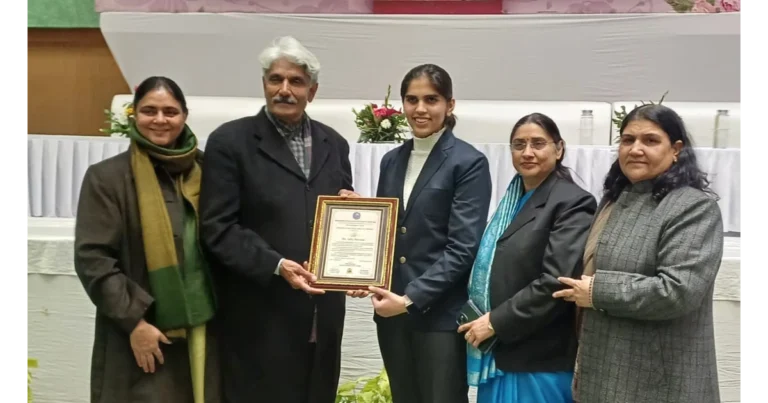
BCCI Responds to Backlash Over Playing Pakistan in Asia Cup
Background: Controversy Around India vs Pakistan Clash
Amid widespread outrage surrounding India’s upcoming match against Pakistan in the Asia Cup on September 14 in Dubai, the Board of Control for Cricket in India (BCCI) has officially addressed concerns. The criticism stems from a recent terror attack in Pahalgam, Jammu and Kashmir, on April 22, which reportedly involved Pakistan-sponsored terrorists and resulted in the death of 26 tourists. In response to public anger, several former cricketers and fans have called for boycotting the match, arguing that playing against Pakistan in such circumstances is inappropriate.
BCCI Secretary Clarifies India’s Position
No Government Ban on Multinational Matches
BCCI Secretary Devajit Saikia, in an exclusive statement to Asian News International (ANI), clarified that India is not violating any national policy by participating in the Asia Cup fixture against Pakistan. According to Saikia, the central government has not imposed any restrictions on playing matches against nations with whom diplomatic ties are strained—provided these are part of multinational tournaments.
“There are no restrictions imposed by the central government on playing against countries not on friendly terms with India in multinational events,” said Saikia.
Multinational vs Bilateral Competitions
The BCCI emphasized the distinction between bilateral series, which India continues to avoid with Pakistan, and multinational tournaments like the Asia Cup or ICC events, where participation is required.
Policy Shift in August
In August, the Indian government revised its stance on participation in sports with countries labeled “hostile.” The updated policy allows participation in multinational events, while still refraining from bilateral sporting engagements with those nations.
Risk of International Sanctions
Saikia warned of serious consequences if India were to boycott multinational tournaments due to Pakistan’s participation. He cited potential sanctions from global sports federations, which could harm Indian sports bodies and athletes.
“If India boycotts multinational tournaments hosted by bodies like the ICC or Asian Cricket Council, there could be sanctions against the Indian federation,” he noted.
Impact on Athletes Like Neeraj Chopra
Saikia also highlighted the broader implications beyond cricket. Using the example of Olympic gold medallist Neeraj Chopra, he explained that skipping events due to the presence of Pakistani athletes could lead to bans or sanctions that would unfairly punish Indian players.
“If India avoids a tournament featuring a Pakistani athlete, players like Neeraj Chopra could be barred from global competition, which is detrimental to their careers,” he said.
BCCI Fully Aligned With Government Policy
The BCCI reiterated that it is strictly adhering to the government’s policy on international sports engagement and supports the framework as it balances national interests with global sports obligations.
“We are very happy to follow the policy. It has been formulated with a view not only toward cricket but other sports as well,” Saikia concluded.
Despite the emotional and political tensions, India will proceed with its Asia Cup match against Pakistan in line with current government policy. The BCCI has made it clear that the national interest, international reputation, and career of athletes are all at stake, and thus, India must participate in such multinational tournaments.






